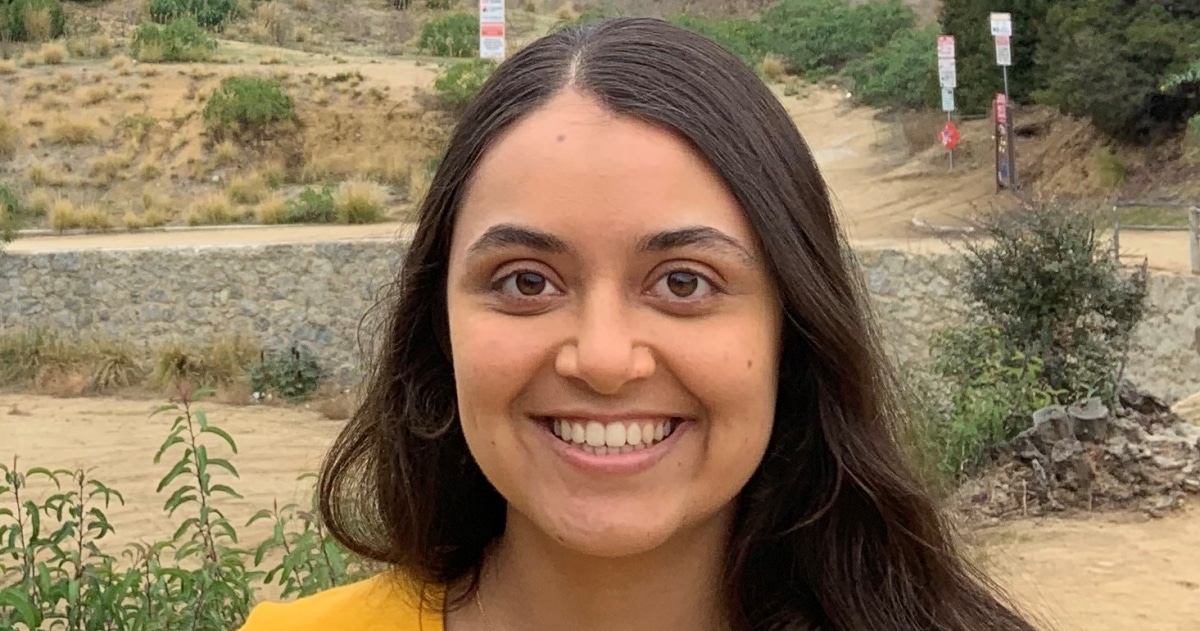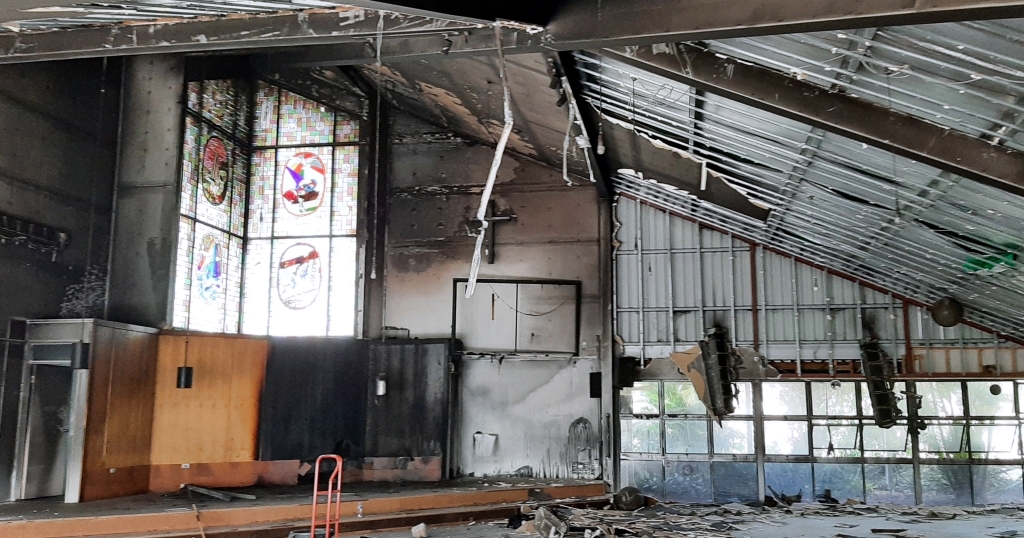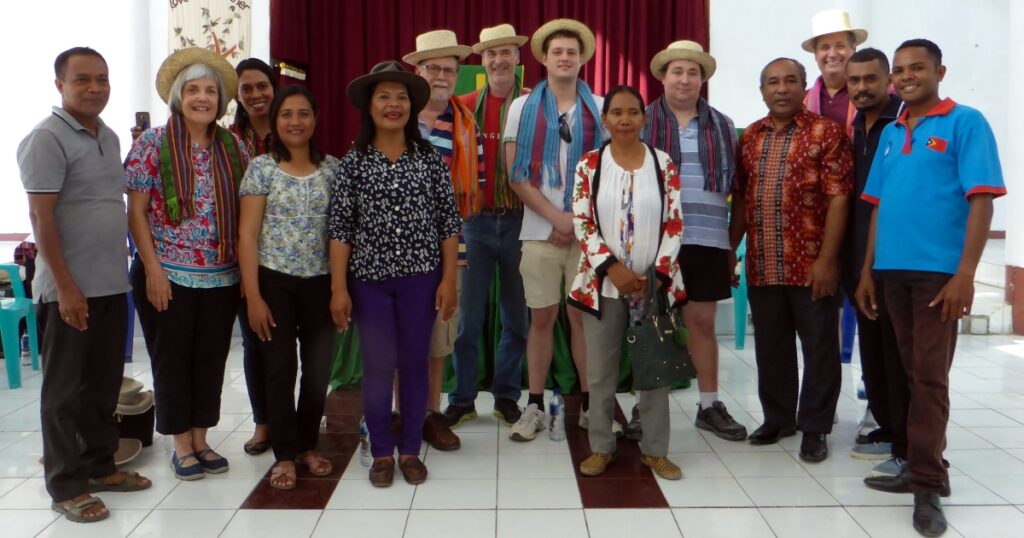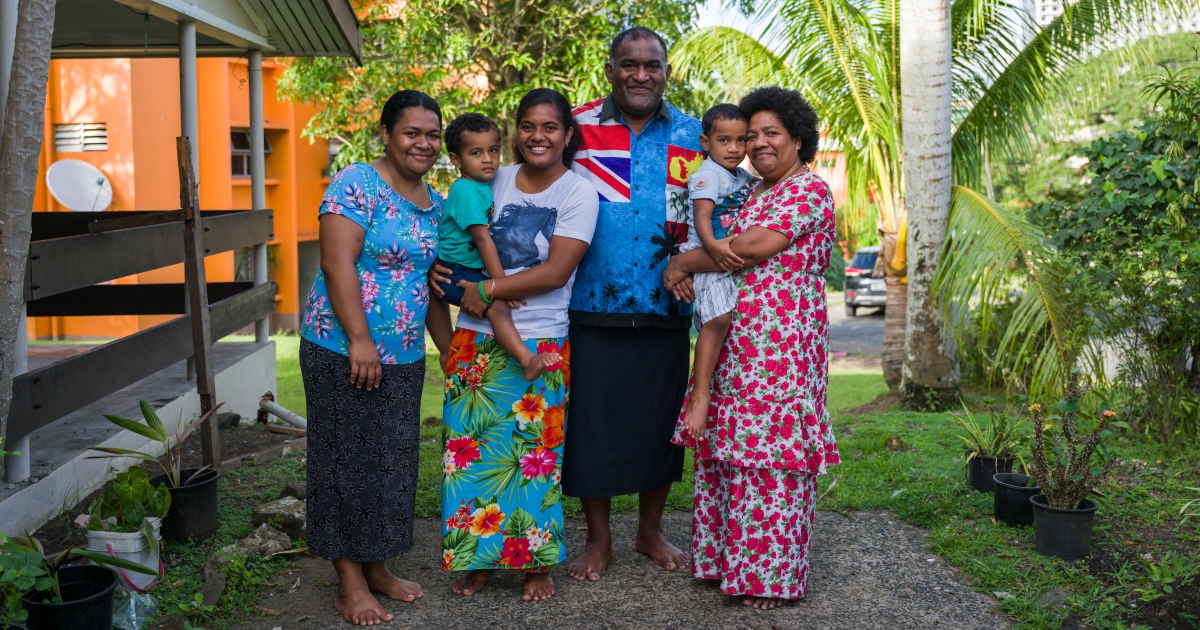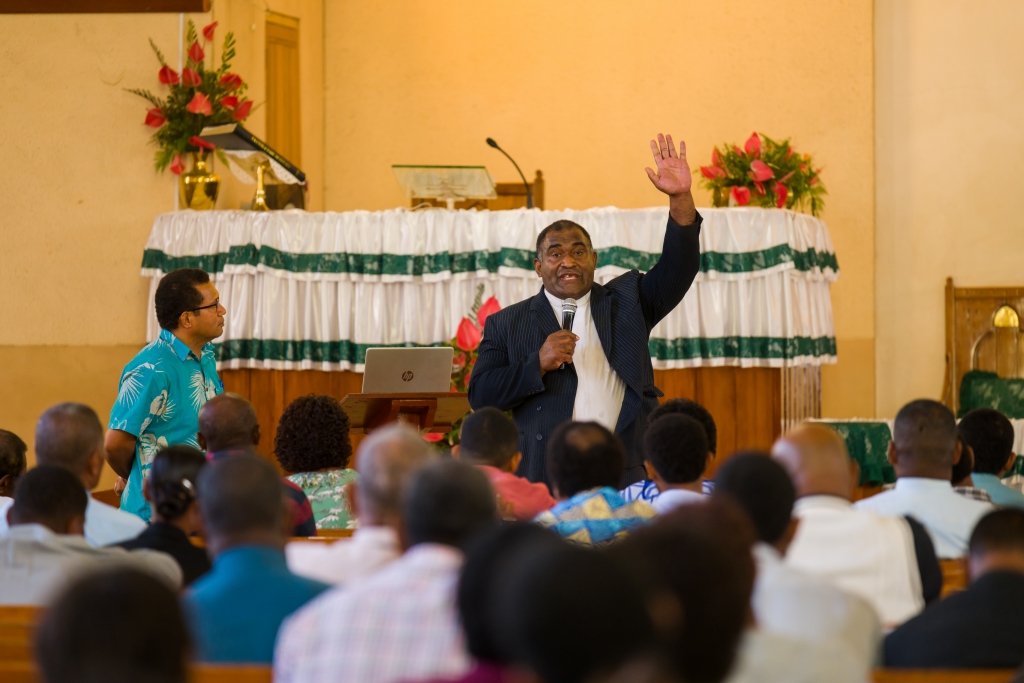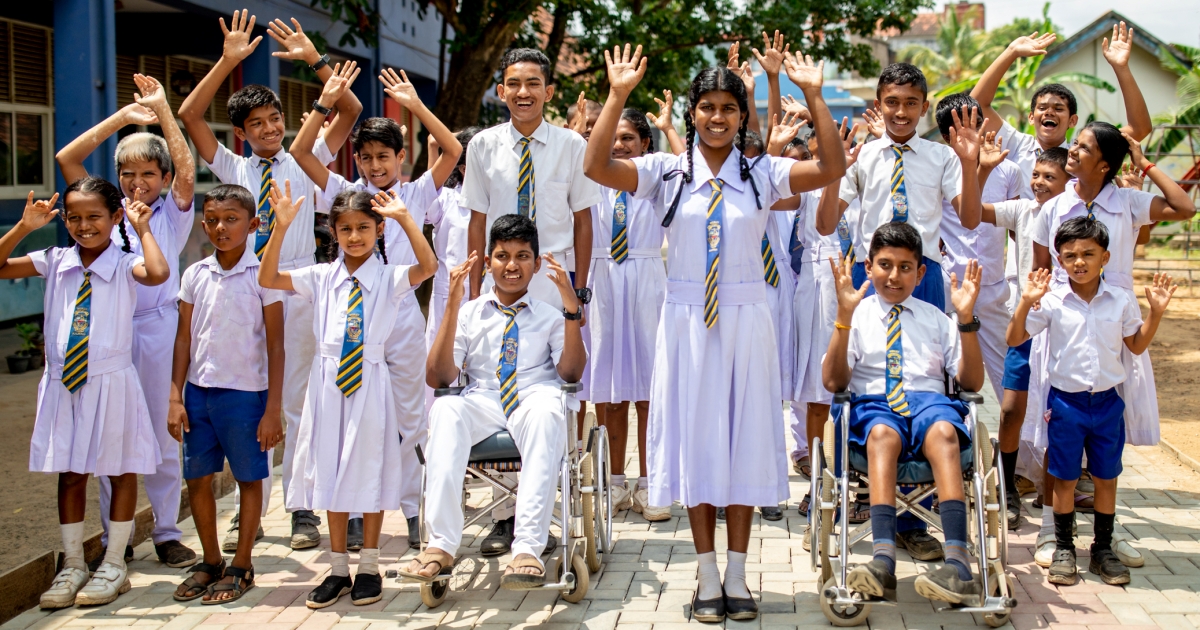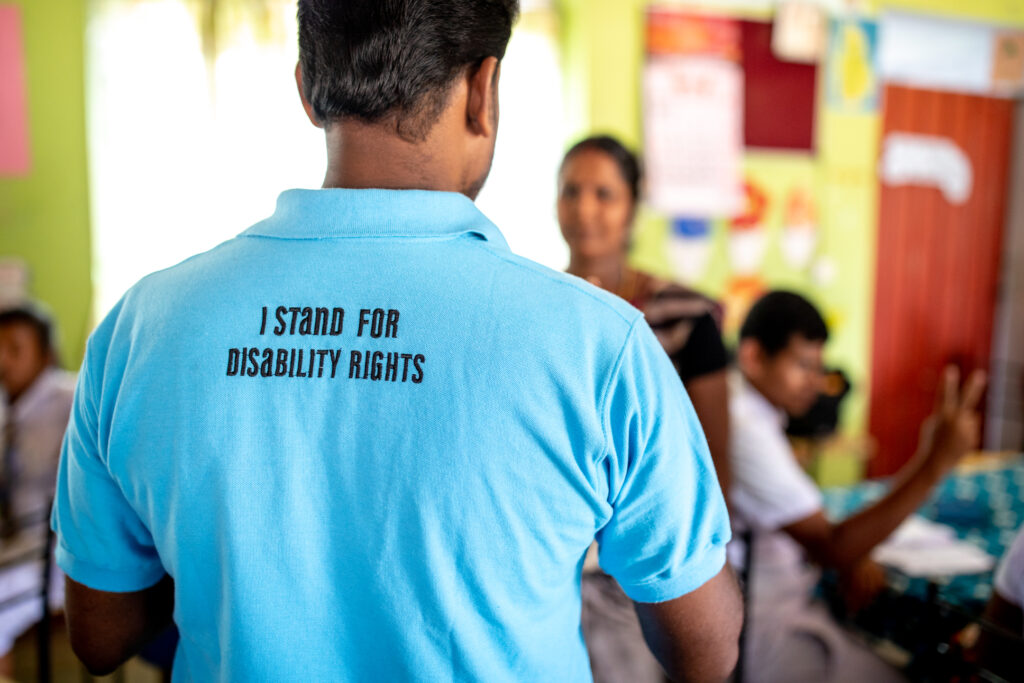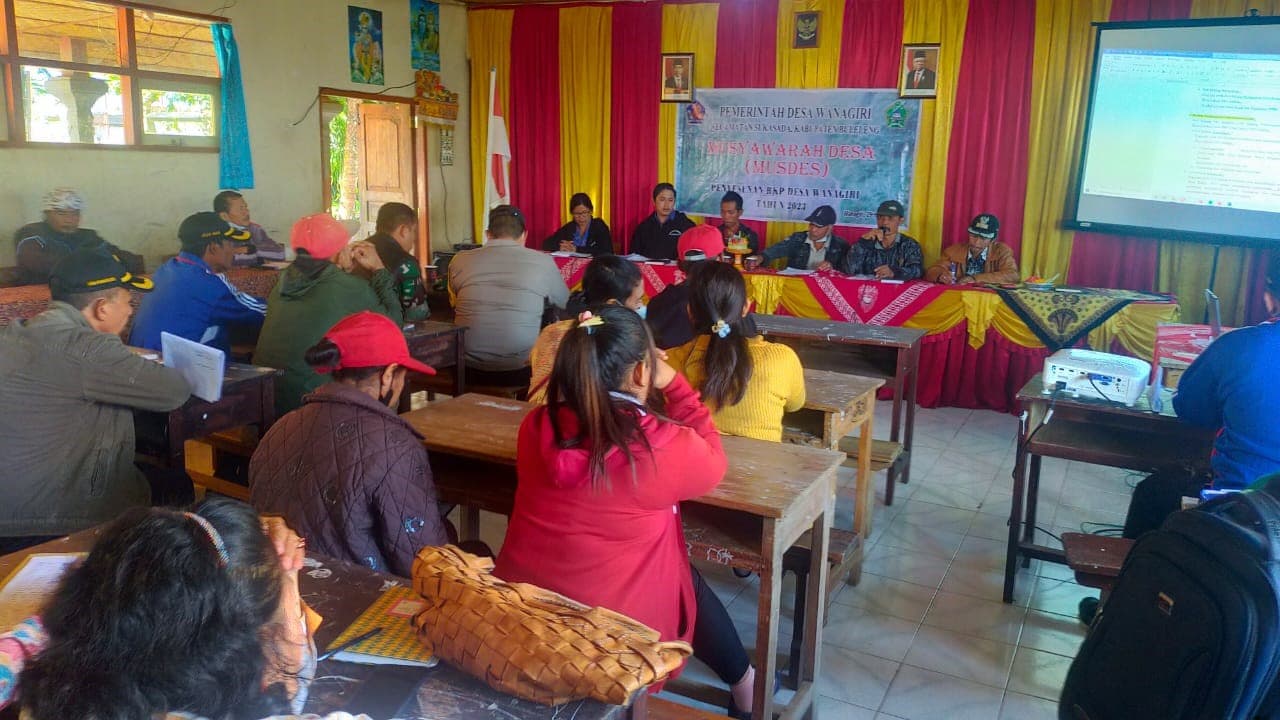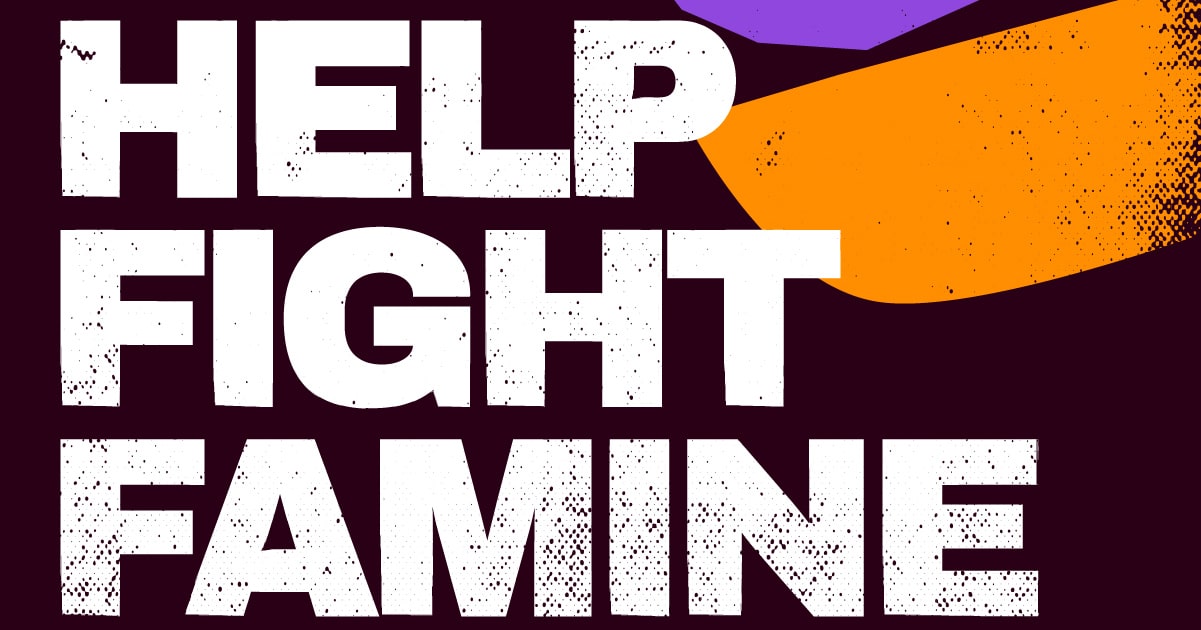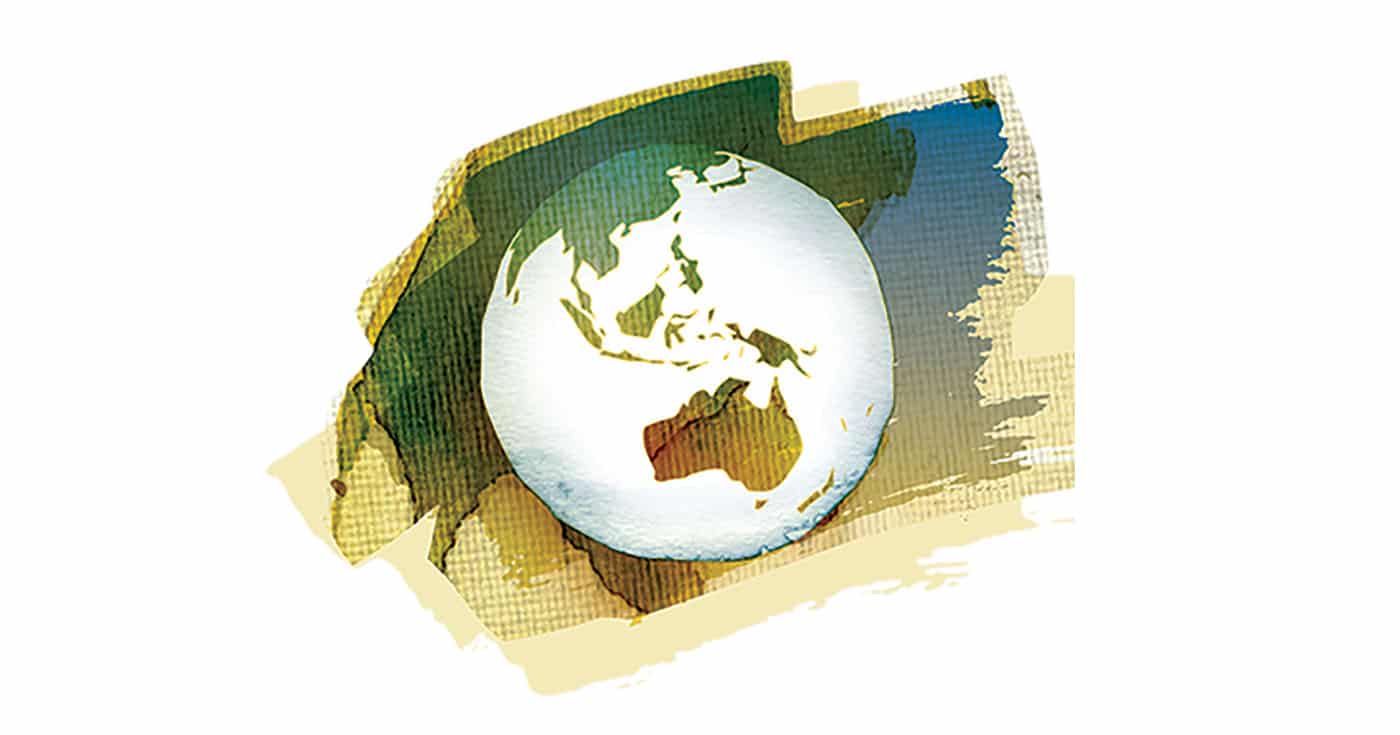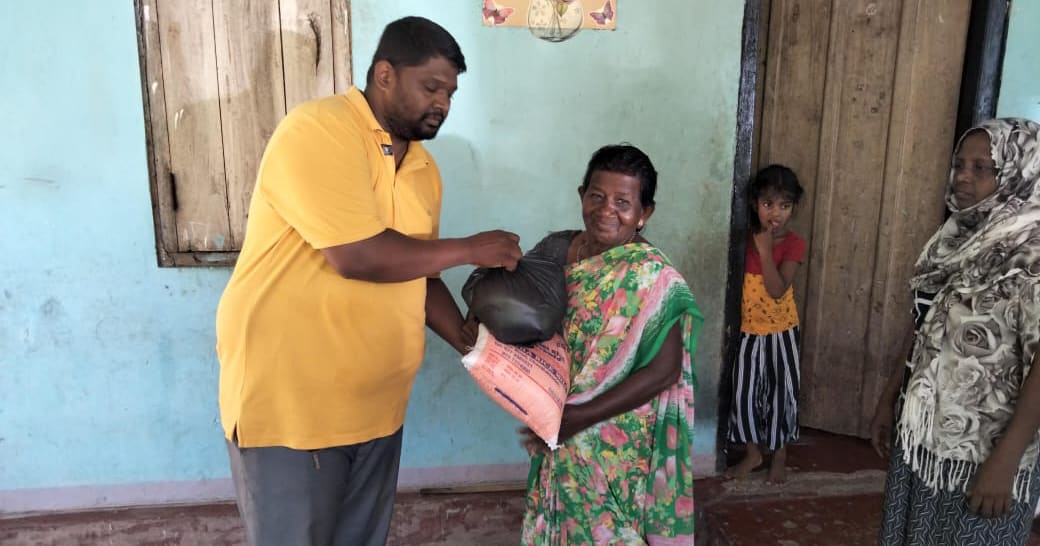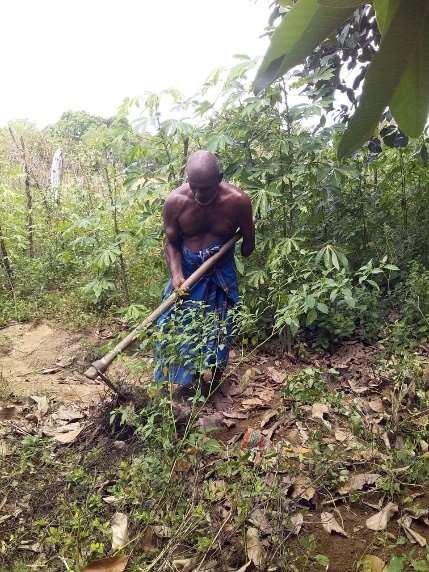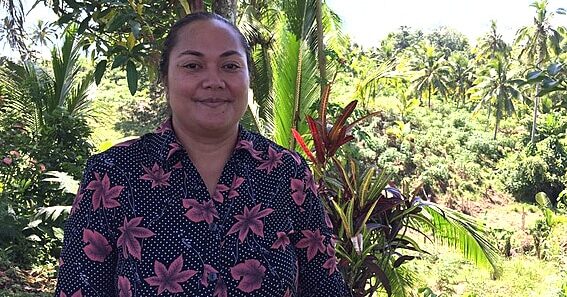Have you ever reflected on what vulnerability and courage looks like in your life? Here are some excerpts of what one of the students from our Women in Ministry project, Rev. Geraldine from Fiji had to say as she gave her sermon on Genesis 16:1-15.
Genesis 16:1-15 (NRSV)
Now Sarai, Abram’s wife, bore him no children. She had an Egyptian slave whose name was Hagar, and Sarai said to Abram, “You see that the Lord has prevented me from bearing children; go in to my slave; it may be that I shall obtain children by her.” And Abram listened to the voice of Sarai. So, after Abram had lived ten years in the land of Canaan, Sarai, Abram’s wife, took Hagar the Egyptian, her slave, and gave her to her husband Abram as a wife. He went in to Hagar, and she conceived, and when she saw that she had conceived, she looked with contempt on her mistress. Then Sarai said to Abram, “May the wrong done to me be on you! I gave my slave to your embrace, and when she saw that she had conceived, she looked on me with contempt. May the Lord judge between you and me!” But Abram said to Sarai, “Your slave is in your power; do to her as you please.” Then Sarai dealt harshly with her, and she ran away from her.
The angel of the Lord found her by a spring of water in the wilderness, the spring on the way to Shur. And he said, “Hagar, slave of Sarai, where have you come from and where are you going?” She said, “I am running away from my mistress Sarai.” The angel of the Lord said to her, “Return to your mistress, and submit to her.” The angel of the Lord also said to her, “I will so greatly multiply your offspring that they cannot be counted for multitude.” And the angel of the Lord said to her, “Now you have conceived and shall bear a son; you shall call him Ishmael, for the Lord has given heed to your affliction. He shall be a wild ass of a man, with his hand against everyone, and everyone’s hand against him, and he shall live at odds with all his kin.”
So she named the Lord who spoke to her, “You are El-roi,” for she said, “Have I really seen God and remained alive after seeing him?” Therefore the well was called Beer-lahai-roi; it lies between Kadesh and Bered.
Hagar bore Abram a son, and Abram named his son, whom Hagar bore, Ishmael. Abram was eighty-six years old when Hagar bore him Ishmael.
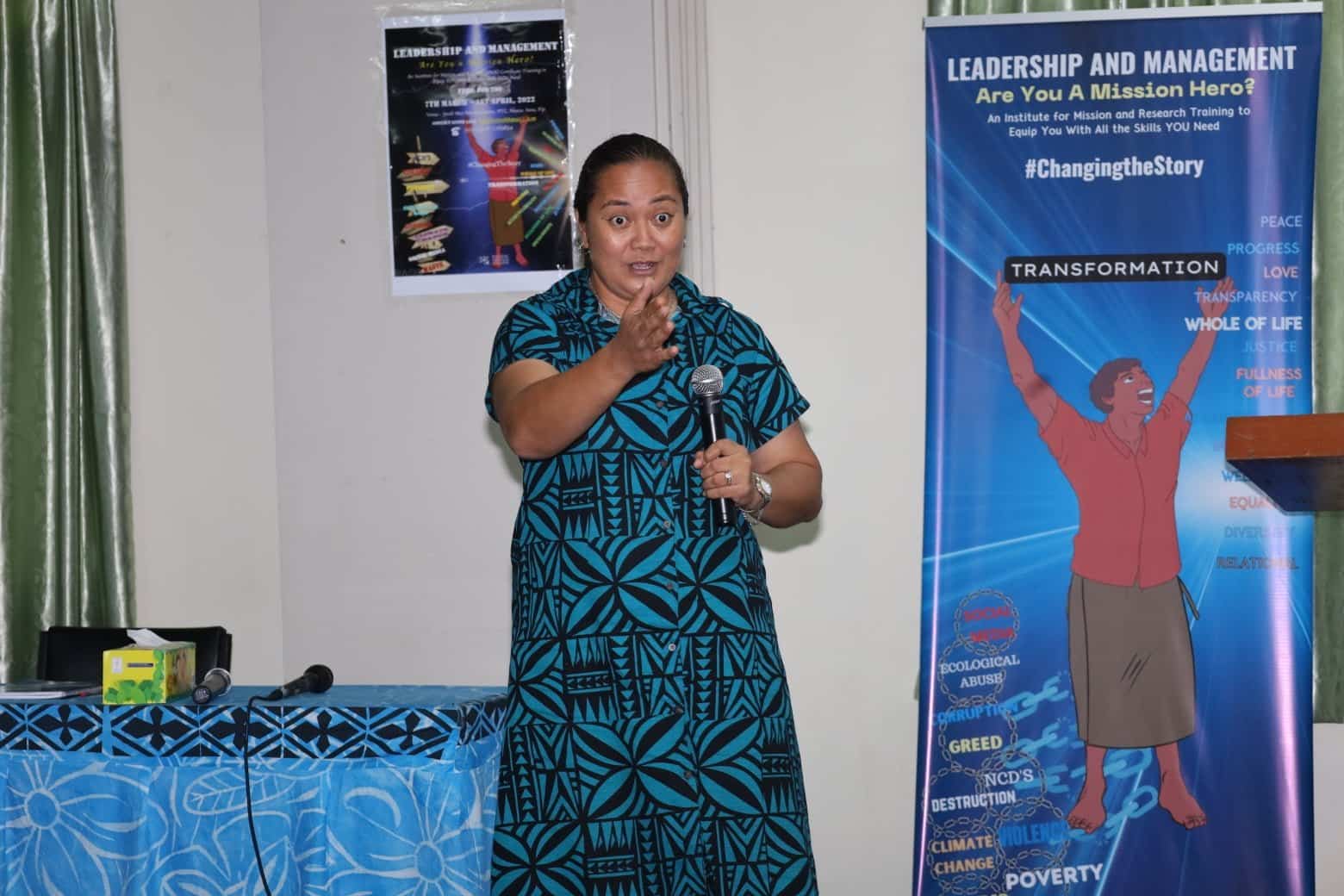
Rev. Geraldine giving a sermon.
Rev. Geraldine’s Reflection
“Vulnerability – the state of being exposed to the possibility of being attacked or harmed, either physically or emotionally. It is that feeling of uneasiness when we are not in our comfort zone or when we lose control. For example, taking risks that might lead to rejection, talking about our mistakes, or facing difficult emotions like fear and shame. However, vulnerability is powerful. Brene Brown said, ‘Owning our story can be hard, but not nearly as difficult as spending our lives running from it. Embracing our vulnerability is risky. But not nearly as dangerous as giving up on love, intimacy and belonging.’
“Hagar entered the story as a vulnerable character. This was the first time she spoke in the story. She had no voice, a woman-servant, and an object for another’s command. But when she and her son were banished, and had to step out of her ‘comfort zone’ and journeyed into the wilderness, it symbolized the recognition of herself as a human being, an individual, rather than a property. It is an act of challenging the status quo that continues to dehumanize people.
“Being vulnerable maybe seen as a weakness but it is a strength. It is the birthplace of joy, creativity, belonging and love. Let us not forget to teach our students the value and the foundation of our faith.
“The wilderness presents a new perspective of seeing God’s covenant not only descending from a male but also from a woman, Hagar. Through Hagar, Ishmael found his place as a freed, courageous child who grew through the arms of her mother.
“Engaging with communities is risky and dangerous. We are submitting ourselves to more disagreements and headaches. But Hagar’s story reminded us that being courageous does not mean walking alone but rather walking with God.
“The belief in one God – monotheism – was more than simply the belief in one God. Because each human was in His image, and because each could be in direct relationship with Him, the individual was suddenly given significance – not just fathers but also mothers, and not just parents but also children. No longer were they fused into a single unit, with a single controlling will. They were each to become persons in their own right, with their own identity and integrity.
“Such changes do not happen overnight, and they do not happen without wrenching dislocations. That is what is happening at both ends of the Abraham story. At the beginning of his mission, Abraham was told to separate himself from his father, and towards the end he was told to separate himself, in different ways, from each of his two sons. These painful episodes represent the agonising birth-pangs of a new way of thinking about humanity.
“First separate, then connect. That is how God created the universe, by first separating domains – day and night, upper and lower waters, sea and dry land – then allowing them to be filled. And that is how we create real personal relationships. By separating and leaving space for the other. Parents should not seek to control children. Spouses should not seek to control one another. It is the carefully calibrated distance between us in which relationship allows each party to grow.
“As Matthew Syed (2017) said, ‘Letting go – that is the essential paradox of parenthood. You care, you nurture, you sacrifice, and then you watch as the little ones fly into the great unknown, often shouting recriminations as they depart. You will experience the stomach clenching pain of separation, but you do so with a smile and a hug, aware that the desire to protect and love must never morph into the tyranny of mollycoddling.’
“Hagar’s story in the wilderness, is the story about the birth of the individual. There must be separation for such momentous change to happen. But the story is also about God teaching us the delicate art of making space, without which no true individuality can grow. In the lovely words of the Irish poet John O’Donohue, our challenge is: ‘To bless the space between us.’”
With your help, Rev. Geraldine is receiving support through our Women in Ministry project. With this, Geraldine and women across the Pacific can receive the theological training and discipleship they need to lead within their communities. Click here to read the latest project update.


